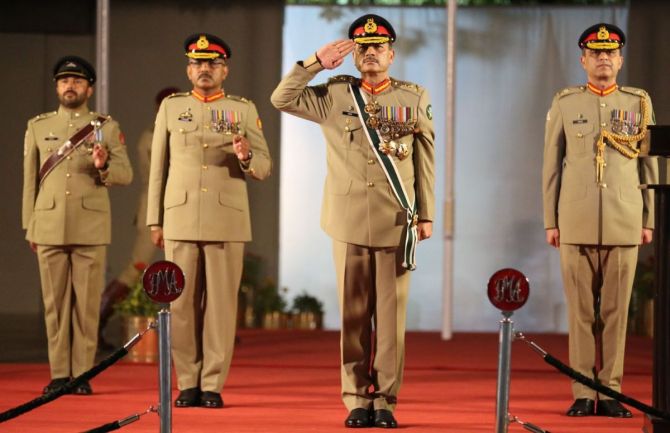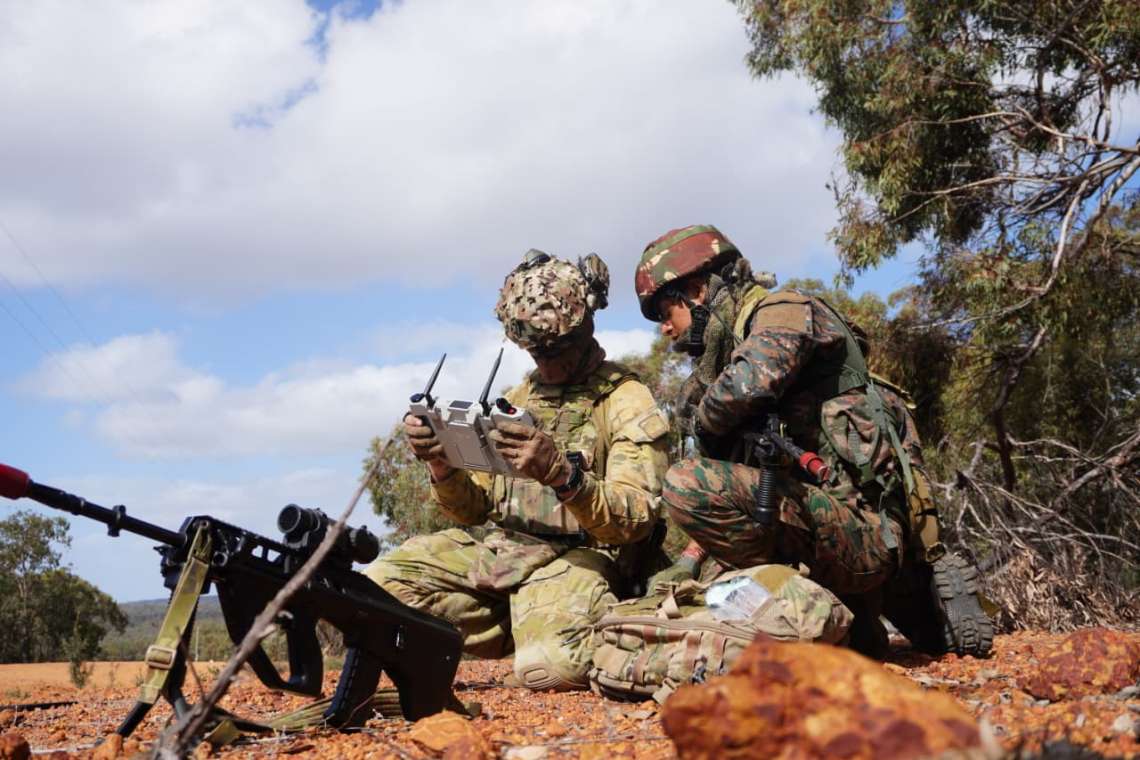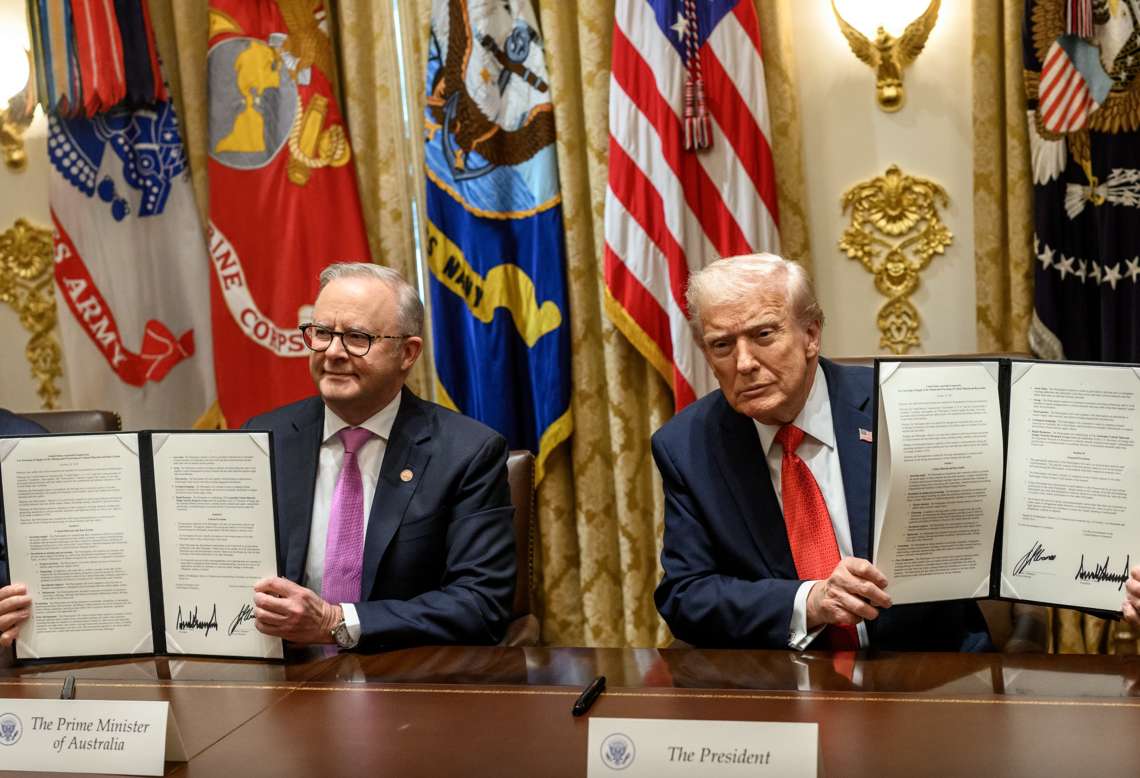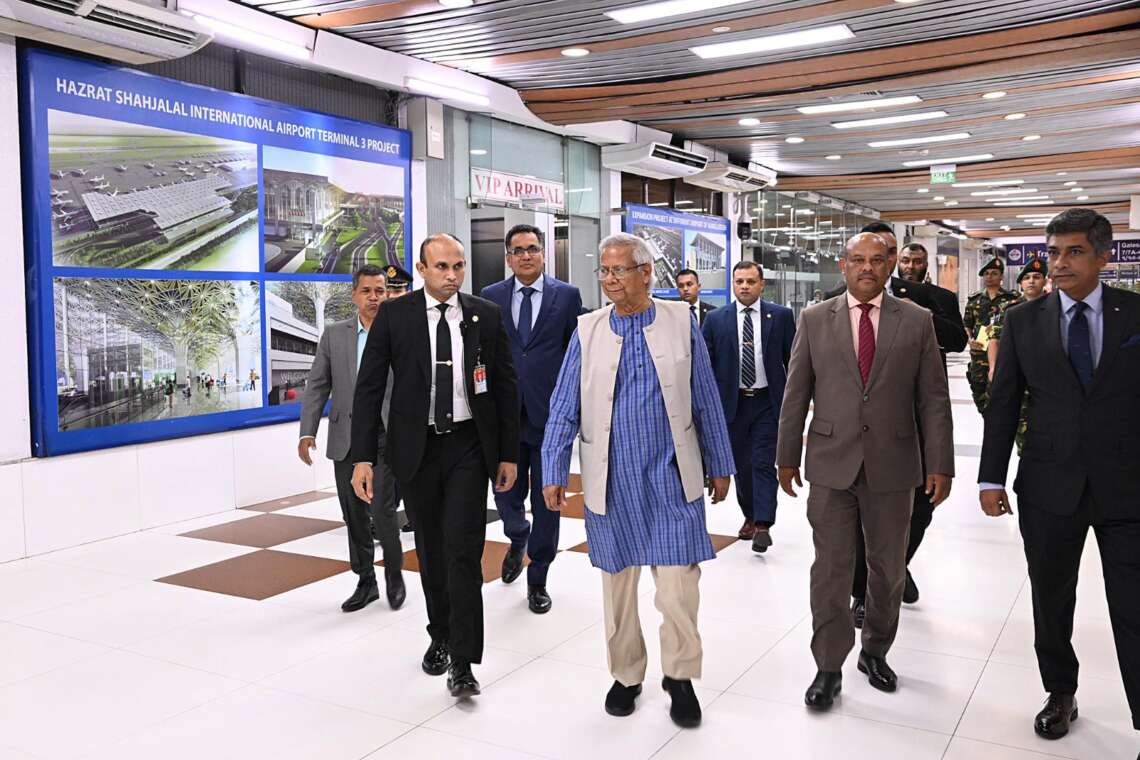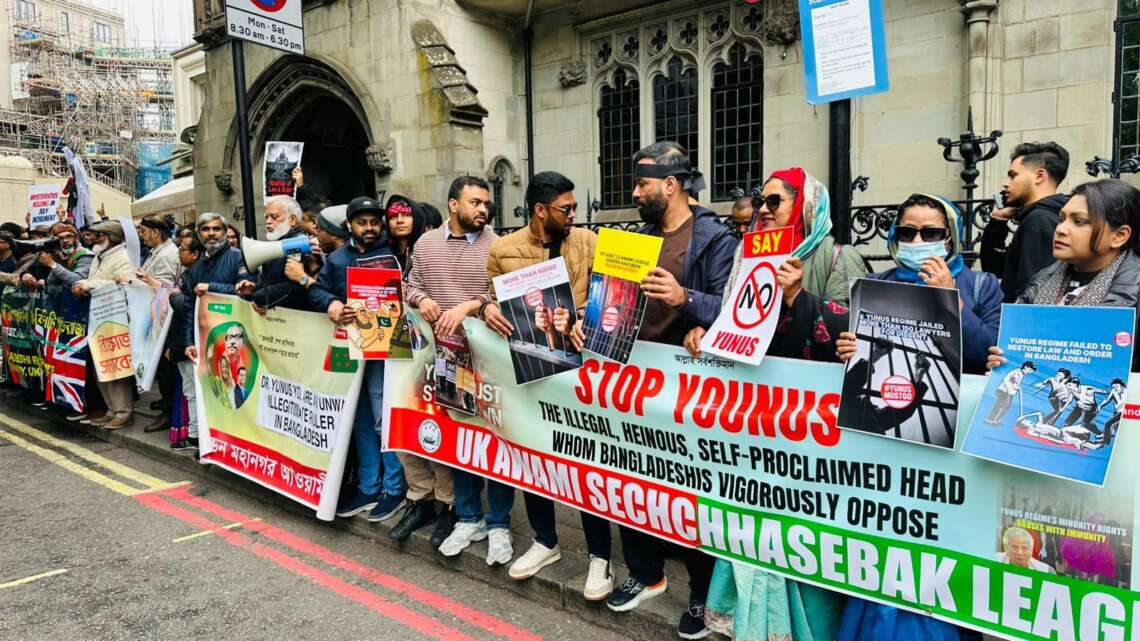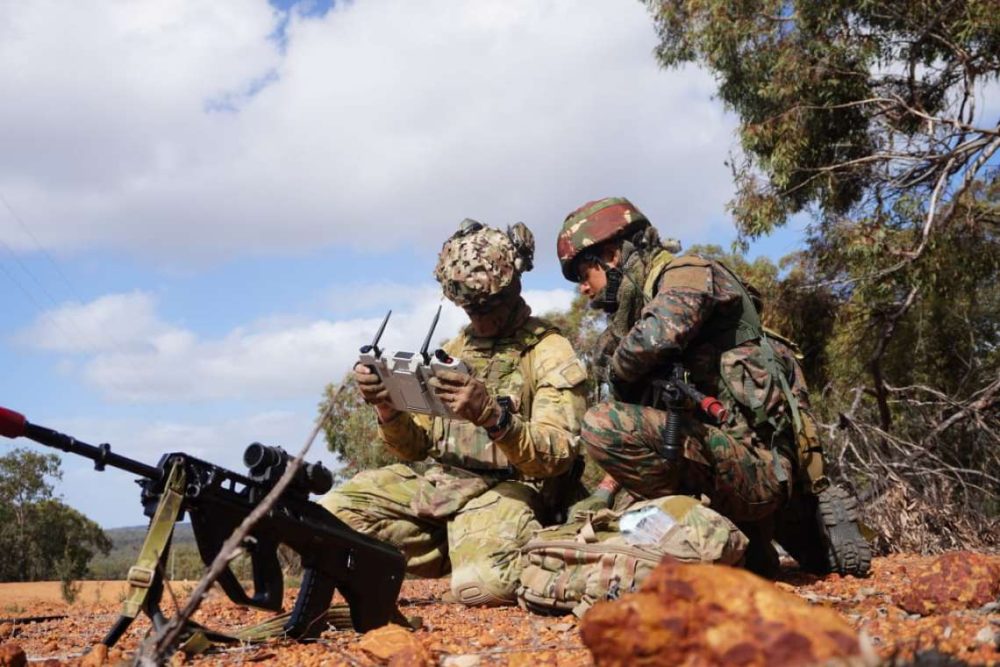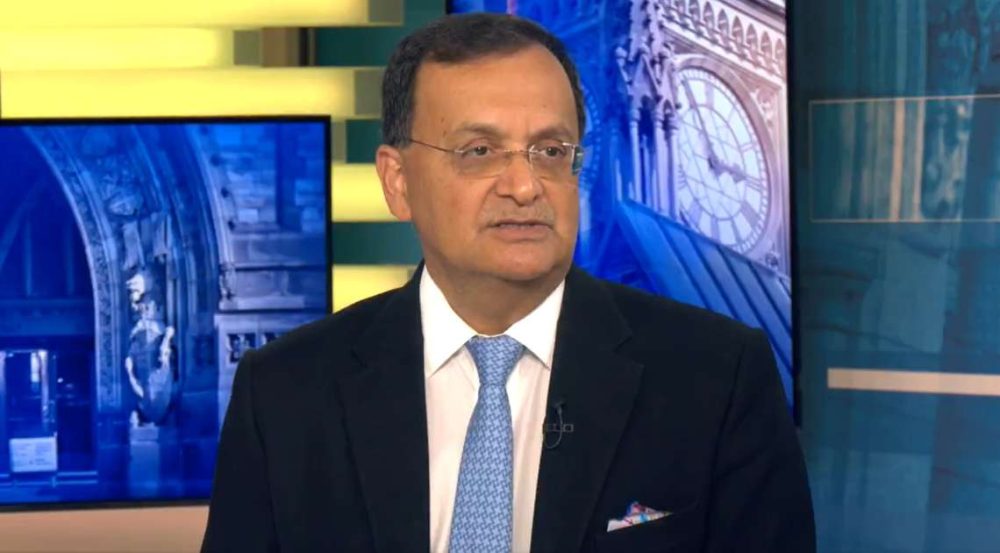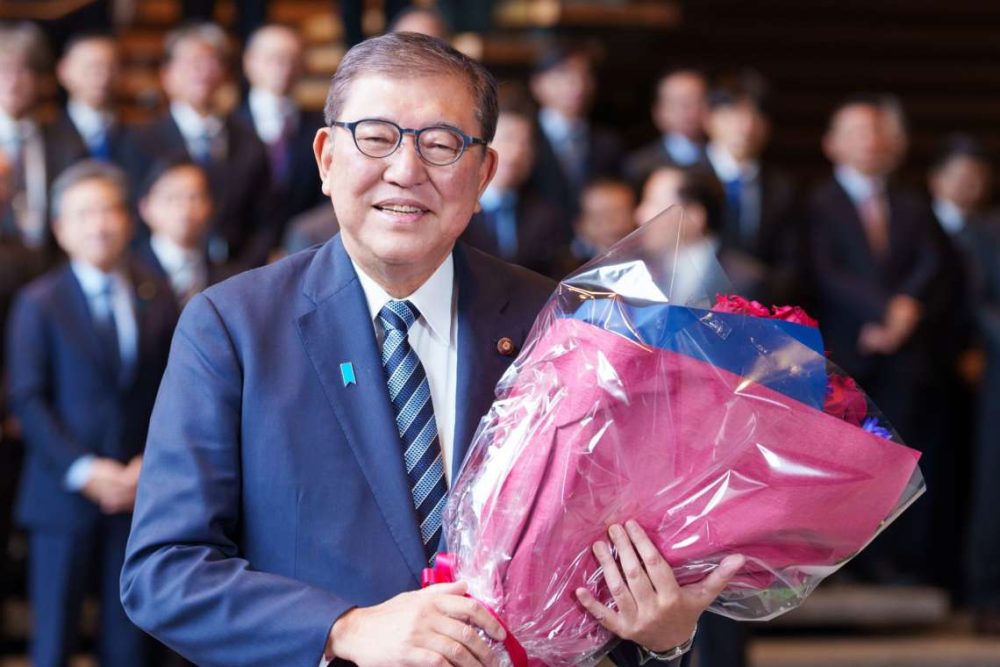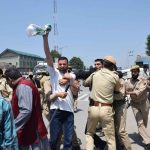Congress MP Jairam Ramesh slams the US for hosting Pakistan’s army chief, questions India’s diplomatic stance, and demands a full security debate post-Pahalgam in Parliament’s monsoon session.
Congress MP Jairam Ramesh has launched a scathing attack on both the United States and the Indian government, questioning the optics and implications of Pakistan’s Army Chief General Asim Munir being invited to the US Army’s 250th anniversary celebrations, even as India grapples with the aftermath of the deadly Pahalgam terror attacks.
Ramesh, who is also the Congress General Secretary in charge of Communications, expressed serious concern over what he called a “diplomatic setback” for India, slamming the US for embracing a military leader who had made inflammatory remarks against India just before the June 9 Pahalgam attack that left several security personnel dead.
In a post on X (formerly Twitter), Ramesh wrote, “This is the man who spoke in such incendiary and provocative language just before the Pahalgam terror attacks. What is the US really up to? This is another huge diplomatic setback for India.”
In a post on X, Jairam Ramesh wrote, “This is the man who spoke in such incendiary and provocative language just before the Pahalgam terror attacks. What is the US really up to? This is another huge diplomatic setback for India.”
He also took a swipe at the recent remark made by the commander of the US Central Command (CENTCOM), who described Pakistan as a “great partner in the counter-terrorism campaign.” Ramesh questioned how Prime Minister Narendra Modi would reconcile this apparent contradiction with India’s own security priorities.
“Recently, the head of the US Central Command called Pakistan a ‘great partner in the counter-terrorism campaign’. What will our Prime Minister and his ovation say to this? Is this not a diplomatic setback for India?” he posted.
According to reports in the Pakistani press, General Asim Munir is expected to arrive in Washington, D.C. this week on the invitation of his US counterpart to participate in the ceremonial event, which will coincide with both the US Army’s 250th anniversary and President Donald Trump’s birthday on June 14. The grand military parade will include approximately 6,600 soldiers, 150 military vehicles, and over 50 aircraft, marking one of the largest military pageants in recent American history since the Gulf War victory parade in 1991.
Ramesh’s criticism is not limited to international affairs. He has also challenged Prime Minister Modi on domestic accountability and transparency in the handling of national security and foreign policy, especially in the wake of the Pahalgam terror strike and the wide-ranging diplomatic exercise known as Operation Sindoor.
After PM Modi met with members of seven all-party parliamentary delegations who recently toured 32 countries under Operation Sindoor, Ramesh raised a volley of questions. He demanded that the Prime Minister convene a high-level, all-party meeting to brief political leaders on India’s evolving defence and diplomatic strategies, particularly in relation to Pakistan and China.
“Now that the PM has himself met with the members of the seven Parliamentary delegations… will he at least now chair a meeting or a set of meetings of LEADERS of all political parties and take them into confidence on India’s future strategy vis-à-vis both China and Pakistan and the strategic implications of the CDS’s revelations in Singapore?” Ramesh asked.
The Congress leader also pressed for a full debate during the upcoming monsoon session of Parliament—scheduled from July 21 to August 12—on India’s security challenges post-Pahalgam and the broader implications for its foreign policy. The opposition had earlier demanded a special session exclusively focused on Operation Sindoor, but that request was rejected by the government.
Further, Ramesh urged the government to “redouble efforts” to capture the perpetrators of the Pahalgam attack, whom he alleged had been involved in multiple prior strikes in Poonch, Gagangir, and Gulmarg over the past two years.
One of the most pointed proposals from Ramesh was his call to establish an expert review panel akin to the Kargil Review Committee of 1999, which was formed in the aftermath of the Kargil War to assess India’s defence preparedness and strategic shortcomings. He suggested that such a panel could examine the Operation Sindoor initiative in detail and provide guidance on future conflict scenarios, strategic communication, and modern warfare technologies.
“Set up a group of experts like the Kargil Review Committee… that will analyse Operation Sindoor in detail and give its recommendations on the future of warfare… Will the report – after suitable redactions – be placed in Parliament like the Kargil Committee report was in February 2000?” Ramesh asked in his social media post.
While the Modi government has remained tight-lipped in response to Ramesh’s criticism, the Congress has signalled its intent to continue questioning India’s foreign and defence policy choices, particularly those involving Pakistan and strategic alignment with the United States.


